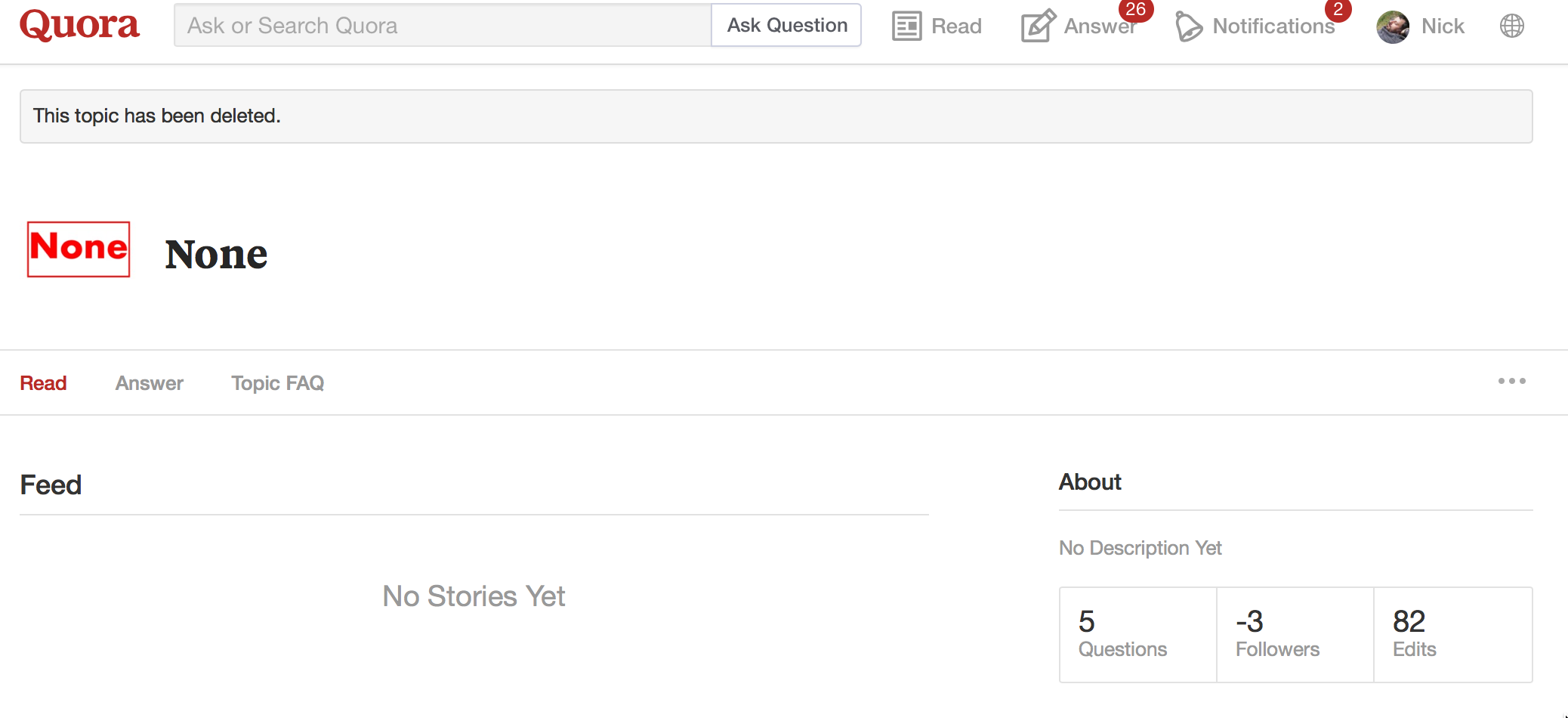This is (a) very old and (b) profane. Hope it’s what you’re looking for, Vangeli. Whether or not it’s what you’re looking for, it’s what you’re getting from me.
The Greeks got hold of the alphabet in the early 8th century BC. If you’re studying the history of the Greek alphabet, as I’ve done, you will inevitably come across the graffiti found in 1898, near the Thera gymnasium. Dating from the late 8th century BC, they use a version of the Greek alphabet so archaic, it lacks not only an omega, but even a phi: the /pʰ/ sound was written out just as it was by the Romans, as a pi followed by a Heta.
This particular metrical inscription captured my interest (Inscriptiones Graecae xii 3.537 = Iambica Adespota 29Aa):
ΝΑΙΤΟΝΔΕΛΠΗΙΝΙΟΝΕΚΡΙΜΟ
ΝΤΕΔΕΟΙΠΗΕΠΑΙΔΑΒΑΘΥΚΛΕΟΣΑΔΕΛΠΗΕΟ
If you clean it up, introduce word spaces, and guess which vowels were meant to be long, you get:
ναι τον Δελπ⊢ινιον ε̣ Κριμο̄ν
τε̄δε ο̄ιπ⊢ε παιδα, Βαθυκλεος αδελπ⊢εο[ν]
And if you use conventional Greek orthography:
ναὶ <μὰ> τὸν Δελφίνιον,
ἦ Κρίμων τῆδε ᾦφε παῖδα Βαθυκλέος, ἀδελφεόν.
“Truly, by the Delphic Apollo, here have I, Crimon, something the son of Bathycles, brother of…”
So, what was written down as oiphe, with a <p> and an <h>, is indeed ɔ́ːipʰe… Ok, so what’s the something?
At the time I read this, I had just got hold of the source code of the Perseus Project’s morphological analyser, Morpheus. I typed the word in…
… and got bupkis. I got bupkis, even though the verb ᾦφε belongs to was included in the Morpheus lexical database. The catch is that the verb is on the obscure side with regard to the Classical canon; so it had not been entered manually: it had been automatically extracted from LSJ. And the extraction (at the time) was so poor, that list of verbs was just ignored when the source code was compiled.
That discovery set me on the path to improving Morpheus over the next 12 years, for use in the Thesaurus Linguae Graecae, until my contract was not renewed last year; on which see The Decalogue of Nick #2.
But… I’m getting off the topic. That ᾦφε verb, it turns out, is the past tense of οἴφω. And what does οἴφω mean?
If you look it up in the Victorian-era LSJ dictionary, you will get a Victorian-era definition:
οἴφω, Dor. = ὀχεύω I, but only of human beings, τὰν Χελιδονίδα Plu.Pyrrh.28, cf. IG12(3).536 (Thera, vii B. C.), Leg.Gort.2.3; οἰφεῖ, as if from οἰφέω, in prov. ἄριστα χωλὸς οἰ., Mimn.15 Diehl, Com.Adesp.36, Diogenian.2.2. (LSJ)
And… what is this cross-referenced ὀχεύω?
of male animals, cover.
So, oiphō is the Doric for “to cover”, referring to male animals, only oiphō refers specifically to human beings.
There is, of course, a more direct way of glossing the old Doric verb:
“Truly, by the Delphic Apollo, here have I, Crimon, fucked the son of Bathycles, brother of…”
One can debate how obscene the verb actually was. Greek Homosexuality argues that since the word was also used in the Law Code of Gortyn (“oiphō by force” = “rape”), it isn’t meant to be coarse; but it isn’t meant to be as delicate as “cover”, either. (Then again, did profanity work in the same way in Ancient Greek society?) There’s also been fertile debate (see Pederasty and Pedagogy in Archaic Greece) about whether this situated pederasty in a religious context (invoking the god), or just as commonplace bragging.
But whatever the social interpretation, this is indeed an interesting example of Ancient Greek vernacular.

